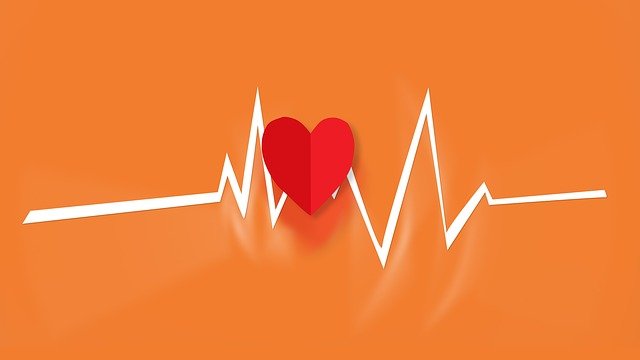
A heart attack is an emergency health condition when the flow of oxygen-rich blood to a part of the heart muscle is suddenly blocked.
When the heart muscle cannot get blood, it begins to die very soon.
Although the signs of a heart attack can vary from person to person, researchers have found some common signs of the condition:
Chest pain or discomfort. This is the most common signs of a heart attack. Most heart attacks cause discomfort in the center of the left chest.
The pain can last a few minutes and comes and goes
Upper body discomfort. Besides back pain, you may also feel pain in your arms, shoulders, neck, jaw or upper part of the stomach.
Hard to breathe. You may find it is hard to breathe when you are resting or in daily physical activity. It may be along with chest pain.
Feeling tired for no obvious reason. You may feel quite tired even though you have done any strong physical activity. This can last for several days.
In addition, you may feel nausea, break out in a cold sweat, vomit, feel dizzy, and your previous health conditions suddenly change.
All of these signs may show that you have a heart attack. They can come quite suddenly but develop quite slowly.
If you think you have a heart attack, call 911 immediately. Every minute counts and you need to act as fast as you can.
While heart attacks have some common, usual signs, other heart health problems may not.
Experts find that there are some unusual signs of heart disease everyone should pay attention to.
One unusual sign is you snore or have sleep apnea. Research has shown that sleep apnea is linked to many physiological changes that increase the risk of both heart attack and stroke.
That is why sleep apnea diagnosis may help protect your heart.
Another unusual sign is you have puffy feet and legs. This is because Congestive heart failure can cause swelling in the legs and feet.
If you experience persistent puffy legs and feet, you should visit your doctor to see if it is heart failure.
A third unusual sign is you have sexual problems. For men, erectile dysfunction is a typical sign of arterial disease. For women, this may be a drop in libido.
If women are post-menopausal rapidly, their heart disease risk may increase.
A fourth unusual sign is having gum disease. It is known that gum health is strongly related to heart health.
If you have sore, swollen or bleeding gums, visit your dentist. Unhealthy gum can increase inflammation in the whole body and increase the risk of heart disease and stroke.
A fifth unusual sign is that you have heartburn or indigestion. Sometimes this could mean a heart pain or heart attack.
If it comes with other symptoms like nausea, sweating, dizziness or shortness of breath, you should be cautious.
Copyright © 2019 Knowridge Science Report. All rights reserved.



